2024 Is Proving to Be No Different for SeaQuest Fort Worth
Update (September 26, 2024): To mark Fish Amnesty Day on September 28, PETA is erecting two unmissable sky-high pleas just minutes away from SeaQuest Fort Worth urging people to steer clear of mall aquariums. The move follows the release of whistleblower reports from three former SeaQuest employees revealing that two sharks and dozens of other fish recently died at or during transport to the seedy facility and that horrific and prolonged animal suffering and neglect are par for the course there. These problems are just the most recent among a host of animal welfare issues that have plagued the location—and all SeaQuest facilities—since their inception.

Update (February 16, 2024): Two more inspection reports of SeaQuest Fort Worth were just made public, and conditions are as dire as they’ve ever been. The facility has repeatedly been hit with citations for violations of the federal Animal Welfare Act by the U.S. Department of Agriculture (USDA), and it seems unlikely that it will ever clean up its act.
January 4, 2024, Citations
USDA inspectors found SeaQuest Fort Worth’s otter enclosure far too crowded for the animals to live in good health. The enclosure, designed for two animals, housed four otters, leaving the space dirty and with little room for the animals to dry off. Without dry areas, otters are susceptible to skin infections and other health issues.
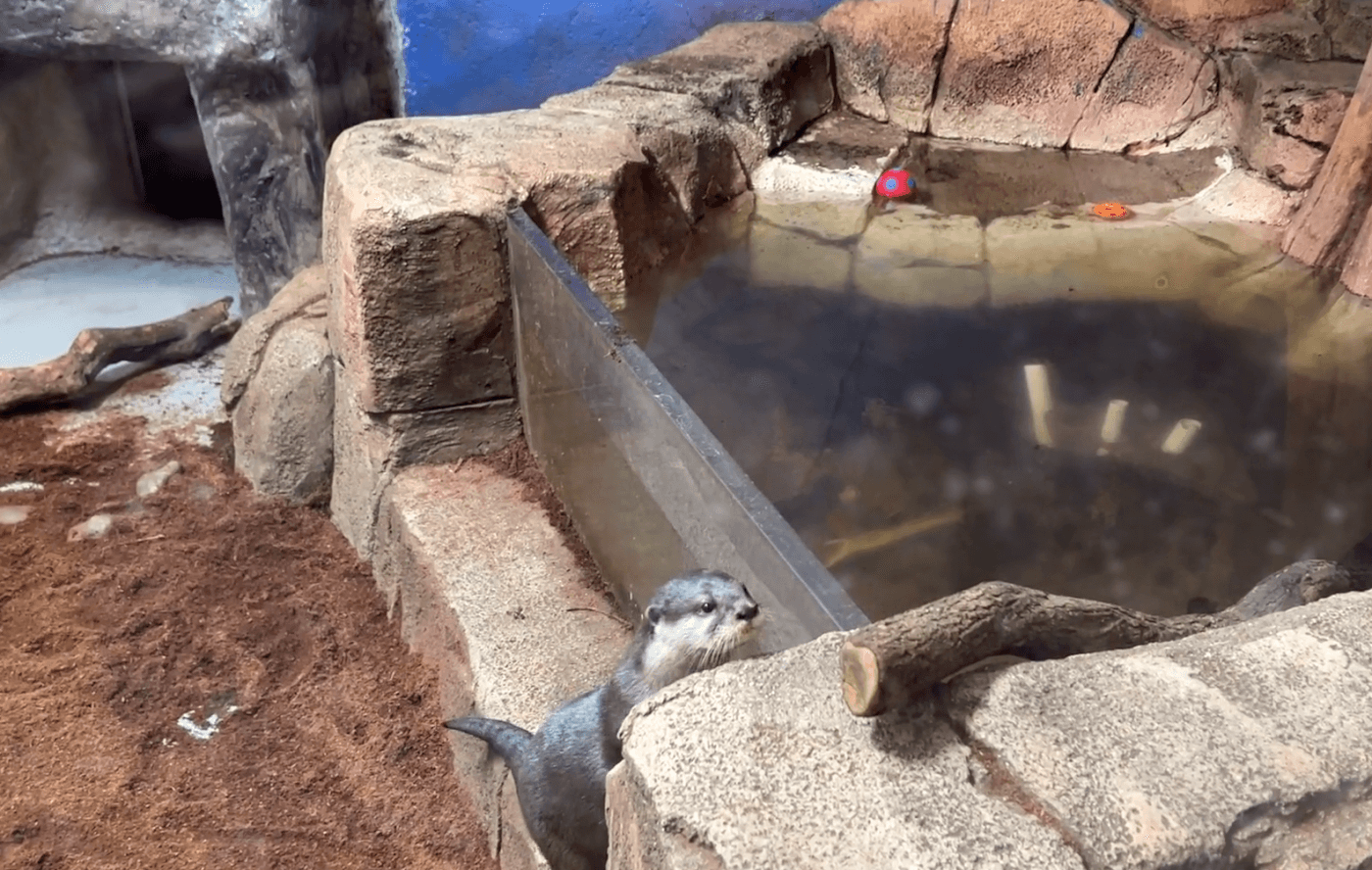
The agency also issued a repeat sanitation citation after inspectors found the porcupine and turaco enclosures filthy, with excessive feces, wet bedding, and “an abundance of flies.” In fact, USDA inspectors found excessive numbers of flies in multiple animal enclosures. Finally, the kinkajou enclosure wasn’t being cleaned regularly and had old food strewn about the floor and feeding shelf.
October 5, 2023, Citations
An October 2023 USDA report has made it clear that conditions at the notoriously crummy mall aquarium SeaQuest Fort Worth haven’t improved—despite repeated citations from federal officials. USDA inspectors found an accumulation of grime on the floors and walls of the otter holding area and cited the facility for failing to clean it properly. Officials slapped the facility with another citation for failing to clean the kitchen and food prep area properly, noting that it was “filthy” and that the “floor did not appear to have been cleaned in a very long time.” These unsanitary conditions can be breeding grounds for bacteria, mold, and allergens, which can cause animals to get sick.
These recent inspections aren’t the first time that SeaQuest Fort Worth has been in hot water for its filthy conditions. In a September 2022 inspection, officials cited the facility because of an inadequate sloth enclosure, which had a loose linoleum floor allowing urine to seep under the floor, and because the otter holding area was caked with feces.
Help Animals at SeaQuest Fort Worth
It’s clear now more than ever: SeaQuest Fort Worth can’t be trusted to keep animals safe.
With its history of gruesome animal deaths, filthy conditions, and numerous injuries to the public since its opening in 2017, SeaQuest Fort Worth is clearly incapable of taking care of animals. These living, feeling beings suffer every day in hellish conditions instead of engaging in behaviors they find important or meaningful.
Enough is enough. Please take a stand and help the animals at SeaQuest Fort Worth and SeaQuest’s other locations today by taking action with PETA:
August 2022 Citations
This damning inspection of the infamous mall aquarium included citations for five animal deaths, dangerous understaffing, and inadequate space for animals.
A Horrific, Avoidable Mass Death
The report detailed a horrific mass death of animals due to negligence: Five sugar gliders died horrifically atop one another, trapped in an uncovered vertical pipe. The sugar gliders “disappeared” just days after being moved to a new enclosure and were later discovered dead in the uncapped pipe, which was part of a faux tree in the enclosure. Those animals undoubtedly spent their final moments in agony because SeaQuest couldn’t be bothered to screen their enclosure for the hazard before moving them into it. SeaQuest Fort Worth was given a repeat critical citation by the USDA since this isn’t the first time the facility has failed to make sure animals’ enclosures were safe and in good repair.
Barren, Inadequate, and Understaffed Facilities
SeaQuest Fort Worth was also cited for its startlingly small enclosure housing a Patagonian cavy and a capybara. In the meager space provided, these animals couldn’t perform normal postural adjustments, let alone do anything else natural and important to them, such as running, playing, hiding, or foraging. SeaQuest told the USDA that it was concerned that the capybara was behaving aggressively toward the cavy, but instead of separating the animals, staff decided to box the cavy in even further during the night, trapping the animal in a 3-foot-by-3-foot crate inside the capybara enclosure.
Finally, SeaQuest Fort Worth, by its own admission, is dangerously understaffed. The USDA cited it for not having enough employees to take proper care of the animals. According to staff, only two mammal keepers showed up reliably. The animals are no doubt suffering because care is being spread so thin.
Originally published on June 21, 2022:
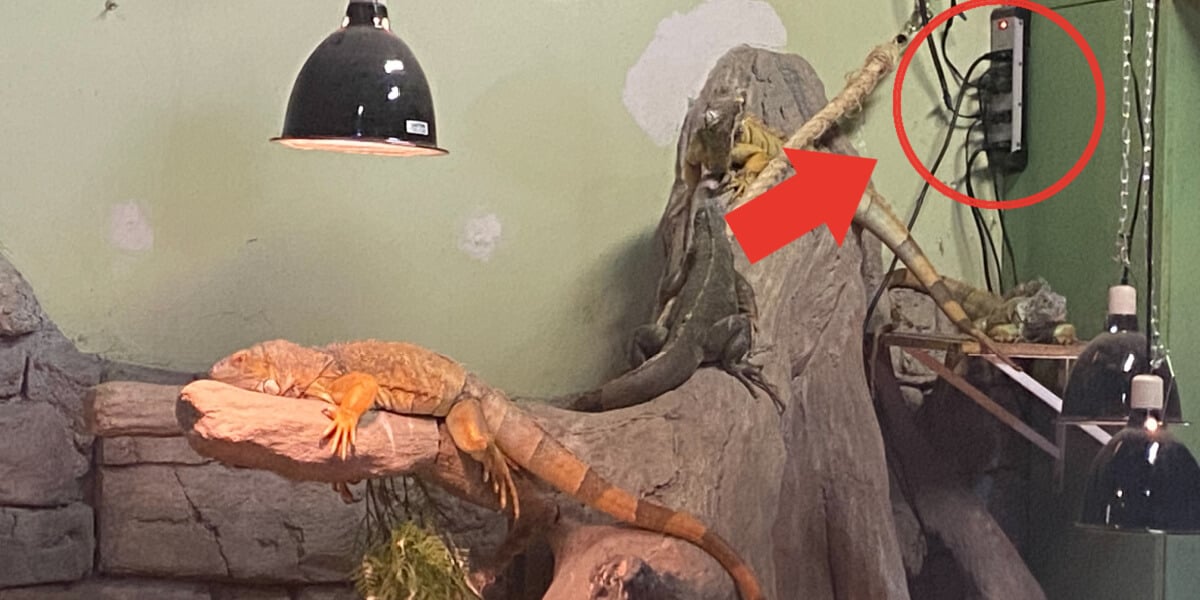
SeaQuest Fort Worth Knowingly Puts Animals and Visitors in Danger
SeaQuest is a chain of direct-contact mall aquariums that put visitors, employees, and the animals confined there at risk. These facilities are breeding grounds for bacteria, and wild animals may act in self-defense when they’re forced into unnatural and likely distressing interactions with humans. SeaQuest Fort Worth has a chronic history of allowing apparently distressed wild animals to injure visitors.
Incidents in Which Animals Have Injured Guests at SeaQuest Fort Worth
- September 22, 2022: The USDA issued SeaQuest Fort Worth a repeat citation because a young wallaby had bitten a child’s finger during an encounter. The inspector stated that the facility “has a history of public injury during it’s ‘animal encounters.’”
- June 6, 2022: The mother of an infant who was injured at SeaQuest Fort Worth told PETA that her child was bitten by a blue-and-yellow grouper after dipping her hand into a shallow stingray touch tank, leaving bloody scrapes across three of her fingers. Staff apparently placed the fish in the stingray touch tank because the animal was displaying signs of aggression in a previous tank. The mother told PETA that after the incident, an employee responded: “I wish I could tell you this is the first time this has happened.”
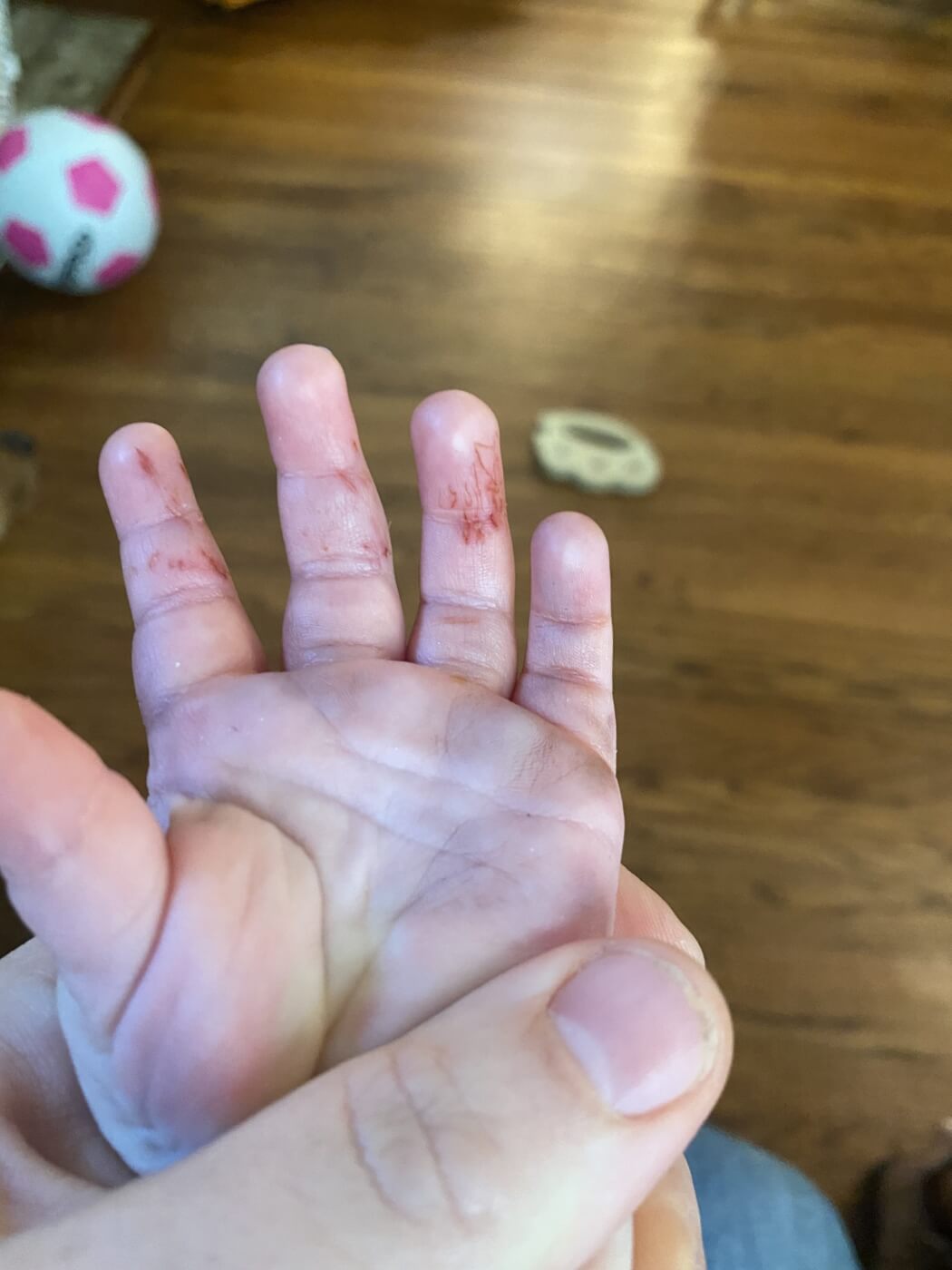
- June 5, 2022: A mother told PETA that her 3-year-old toddler was rushed to the emergency room after sustaining gaping wounds when an iguana “jumped from a rock and latched [onto] his arm.” According to her, no employees were supervising at the time of the attack. She said that while she was “freak[ing] out and bawling” because of how bad the wound was, her boyfriend had to go look for help in the employee break room, where four employees apparently looked at him like he was crazy until he mentioned the bite. The family reportedly was offered a bandage and waited 10 minutes for staff to respond but eventually gave up and went to the hospital. She also said that it took two days for SeaQuest to respond after reporting the incident to the business’s human resources department.
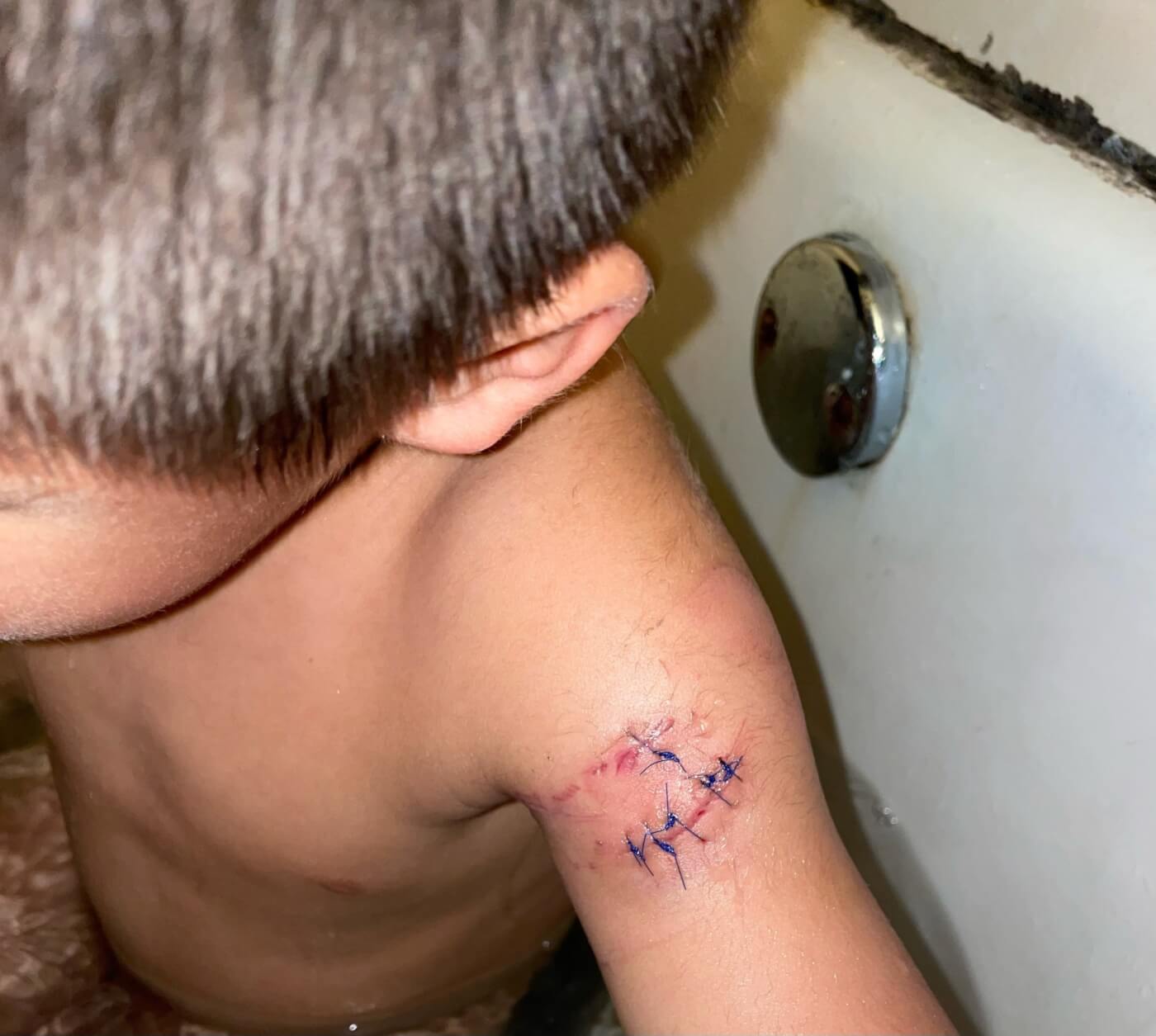
- January 20, 2021: During an encounter, a sloth bit a visitor who was reportedly trying to pet the animal’s head. The U.S. Department of Agriculture (USDA) cited the facility for the incident, as well as for confining a sloth to an enclosure made of materials that were “stained and dirty and [could not] be adequately cleaned.”
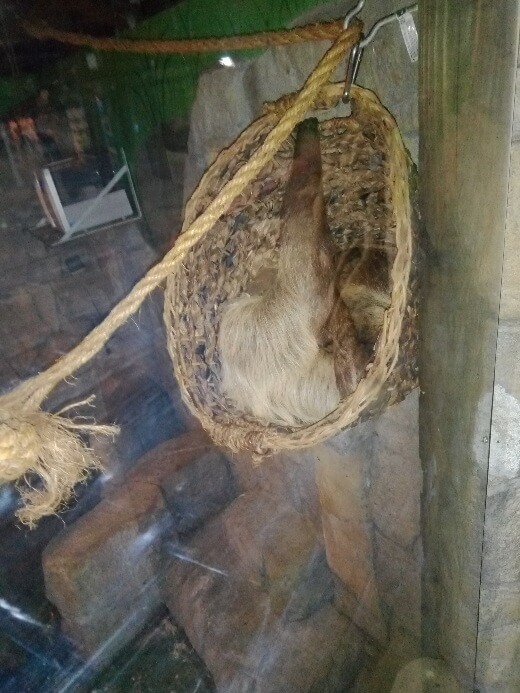
- December 2, 2020: A child who was able to reach over the side of the capybara enclosure was bitten, resulting in a bleeding wound on their palm. In February and June 2021, the USDA issued the facility repeat citations for failing to have sufficient distance and/or barriers between the animals and the public. The USDA also noted that because of incomplete records, the whereabouts of two capybaras and an otter’s cause of death were unknown.
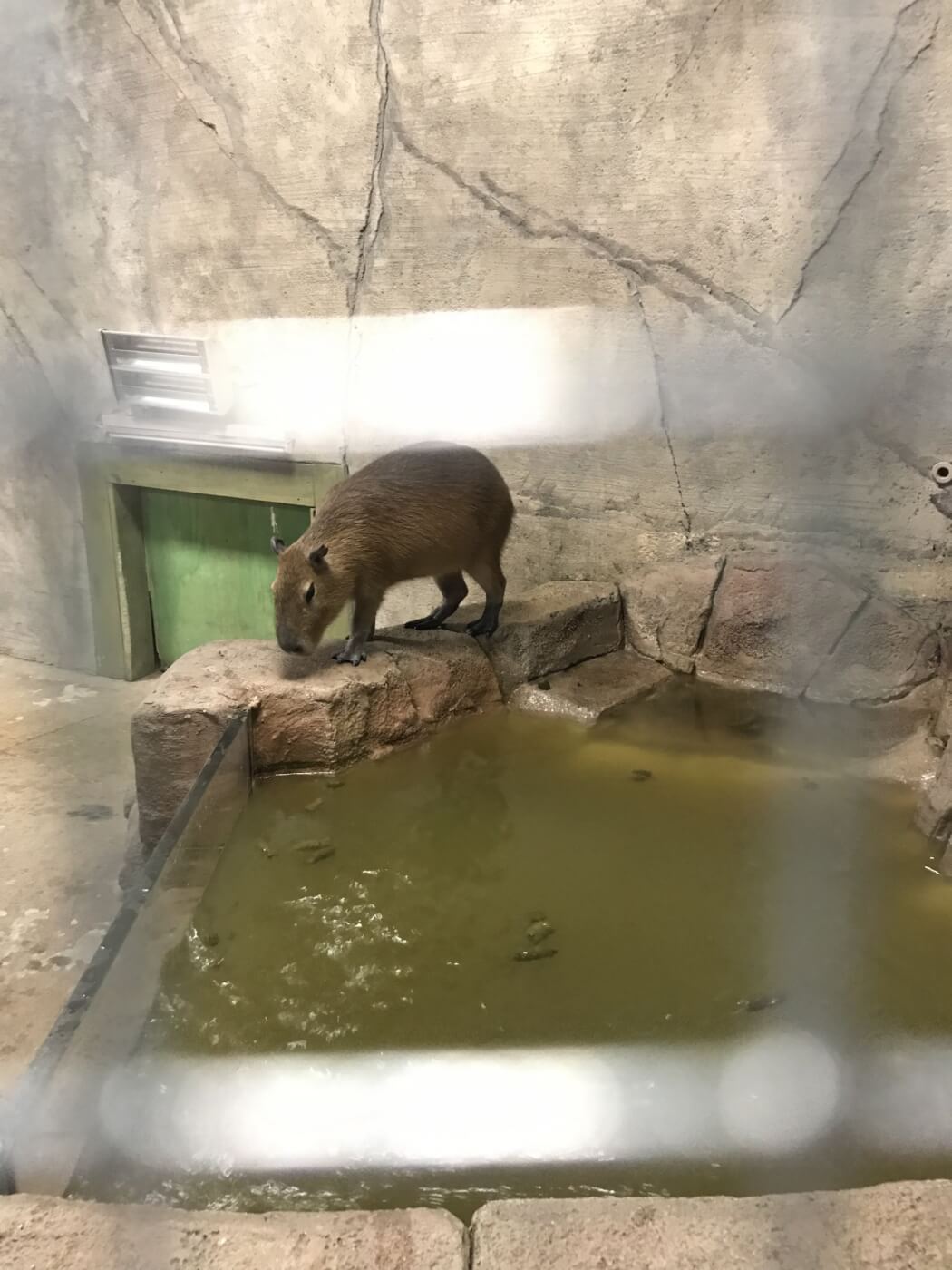
- February 25, 2020: A coatimundi named Rocket jumped on a child during a public interaction and scratched or bit the child’s lip.
- November 18, 2019: Following a USDA inspection in which a coatimundi grabbed an inspector’s arm with their mouth “before the attendant was able to restrain [the animal],” the agency issued SeaQuest a repeat citation for inappropriately handling animals.
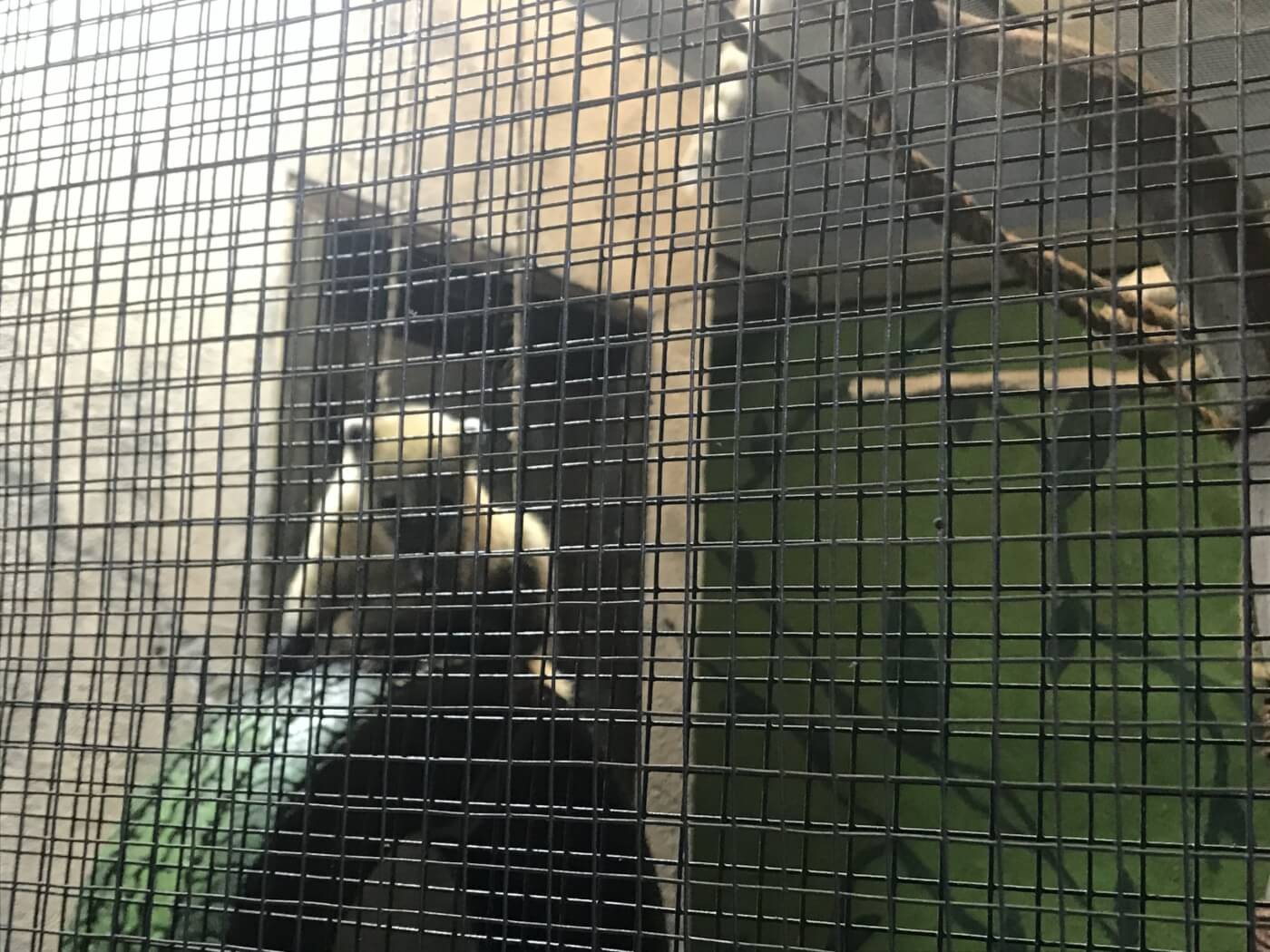
- February and March 2019: An otter named Xander injured visitors on multiple occasions. On March 30, 2019, he bit a visitor’s leg, leaving tooth marks and causing soreness, redness, and a rash. On February 23, 2019, he bit a 6-year-old. He’d already inflicted two minor wounds on visitors prior to both of these incidents, which the USDA cited the facility for.
- October 2017–2018: A capybara bit and scratched multiple members of the public who were allowed to go into the animal’s enclosure. The USDA issued a “teachable moment,” noting that even the presence of an employee hadn’t stopped the bites and scratches.
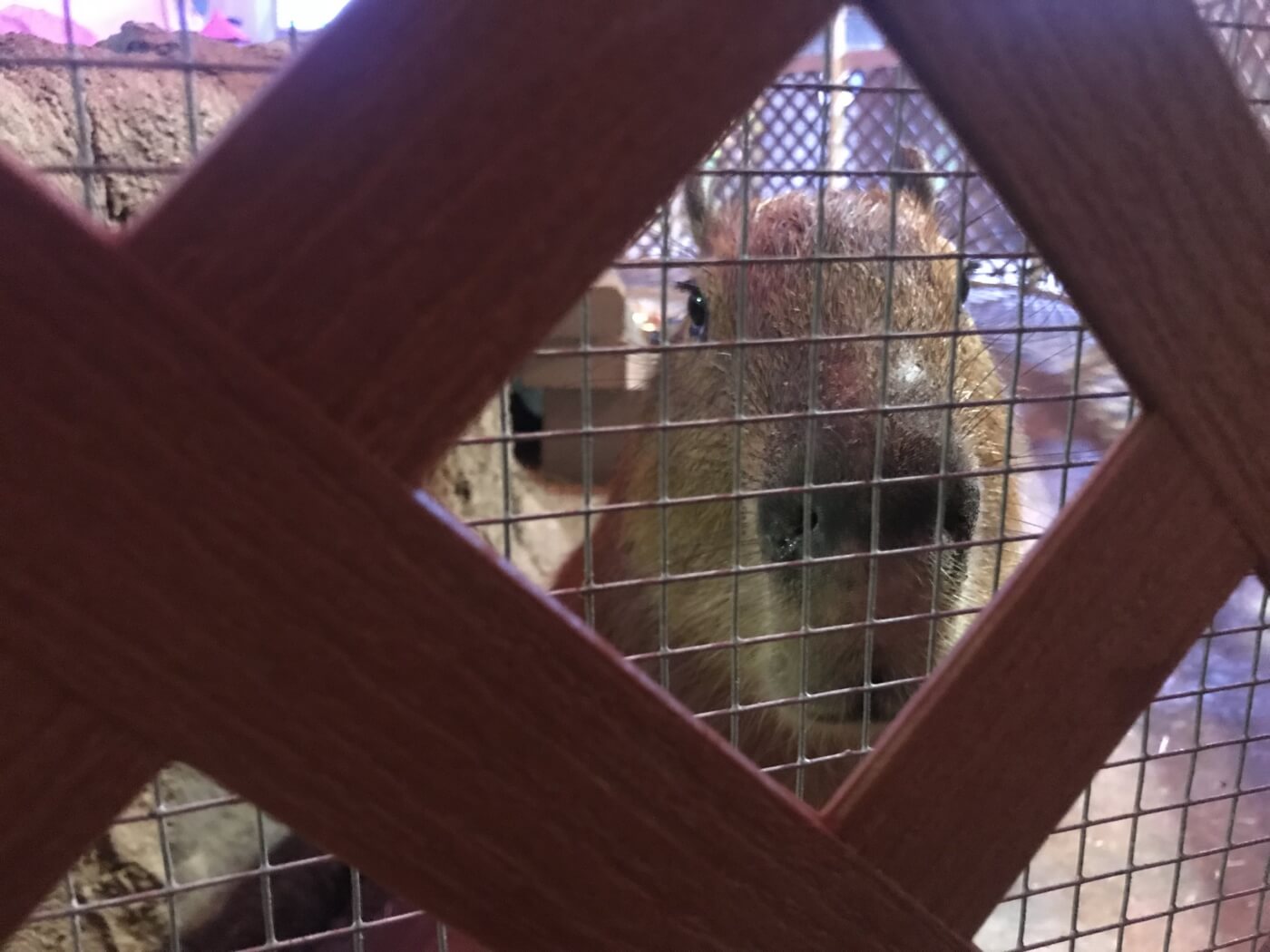
Want to Speak Up for Animals at SeaQuest Fort Worth?
You can start by never visiting this facility or any other SeaQuest location. Wild animals don’t want to be imprisoned in sleazy shopping mall aquariums, at petting zoos, or at other roadside attractions that allow strangers to poke and prod them. Tell SeaQuest to stop exploiting animals and send them to reputable facilities now:

